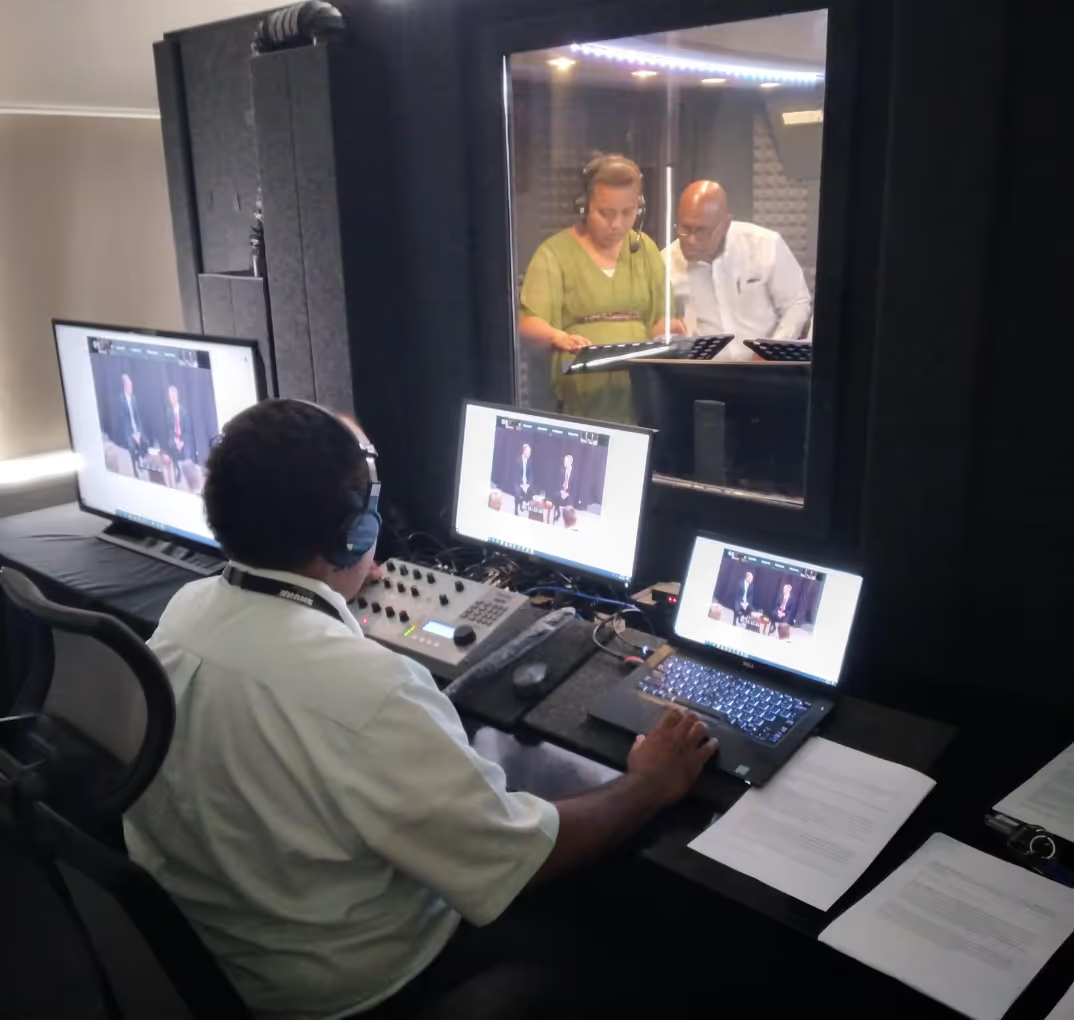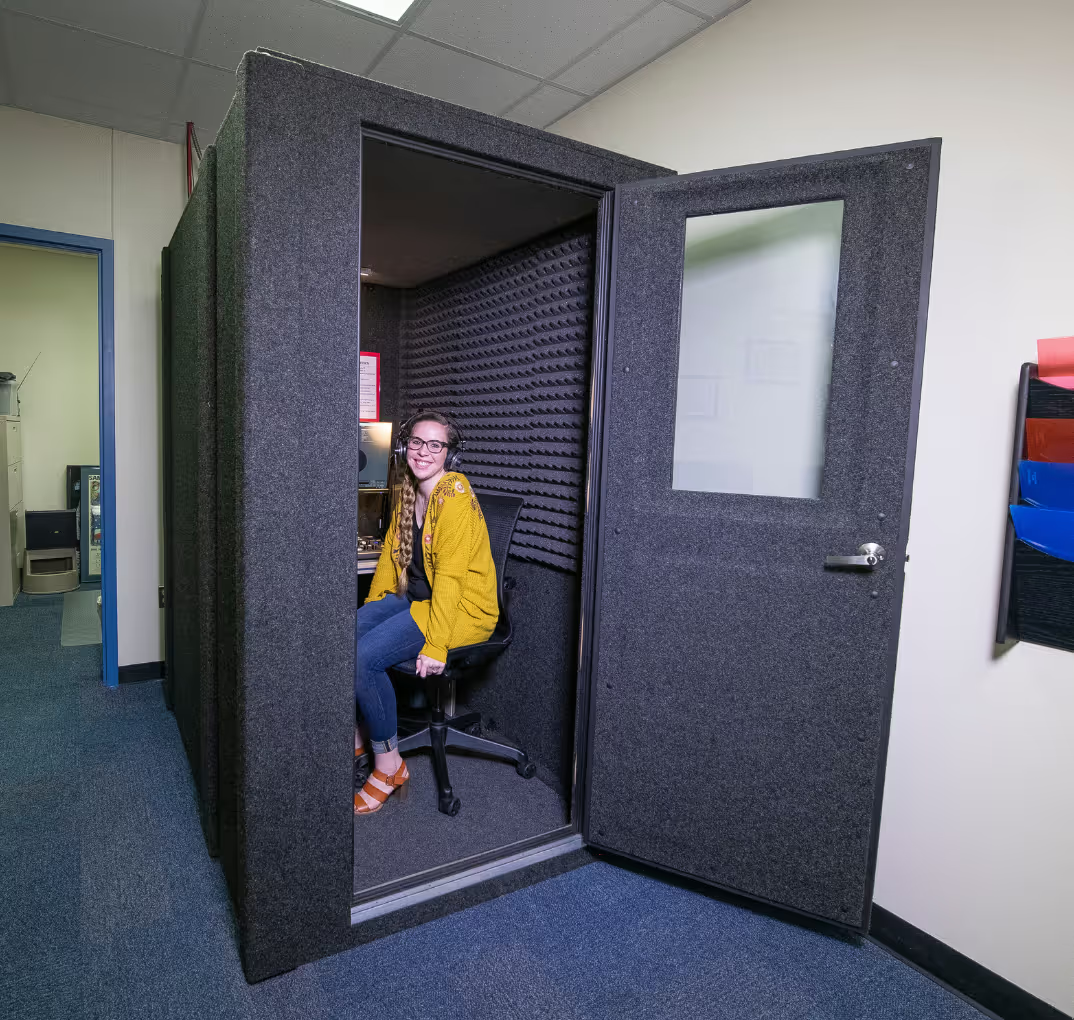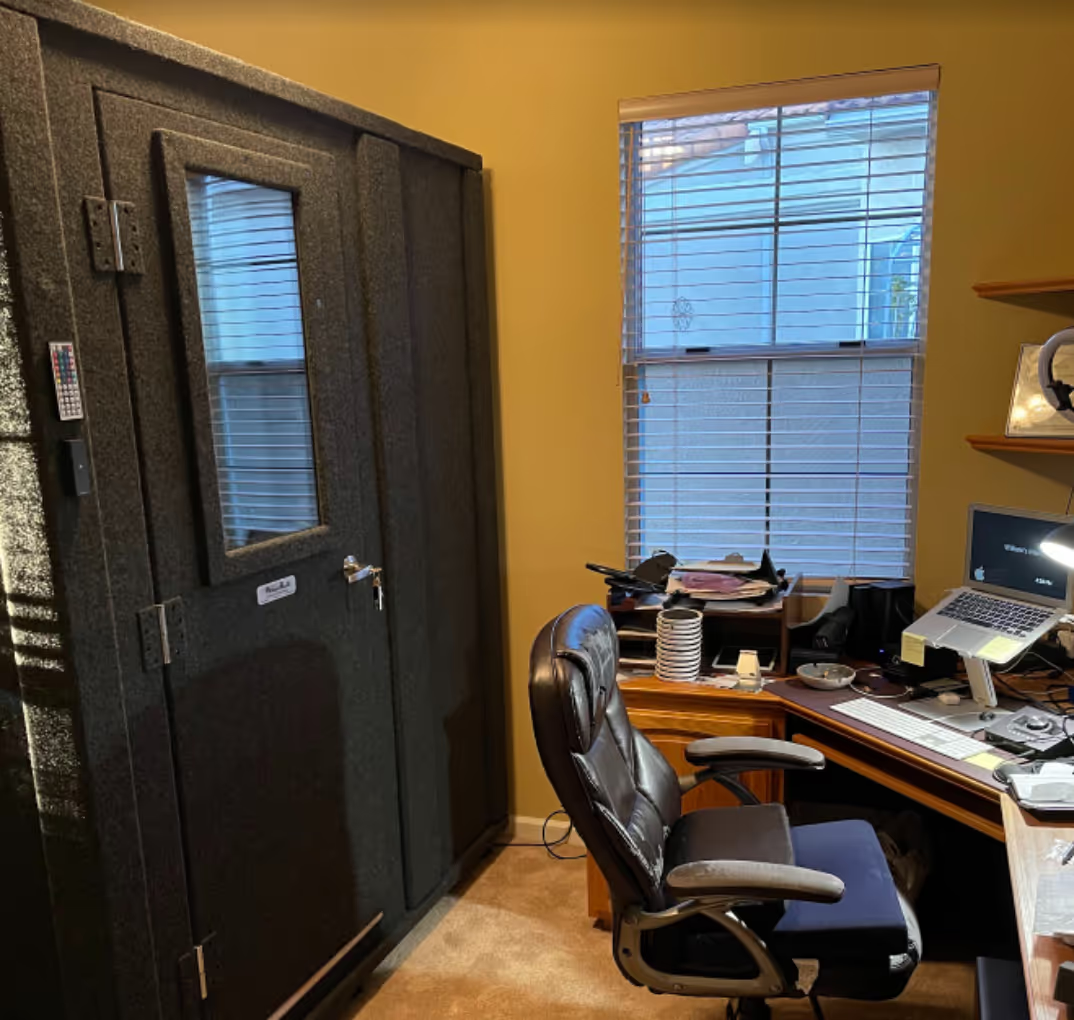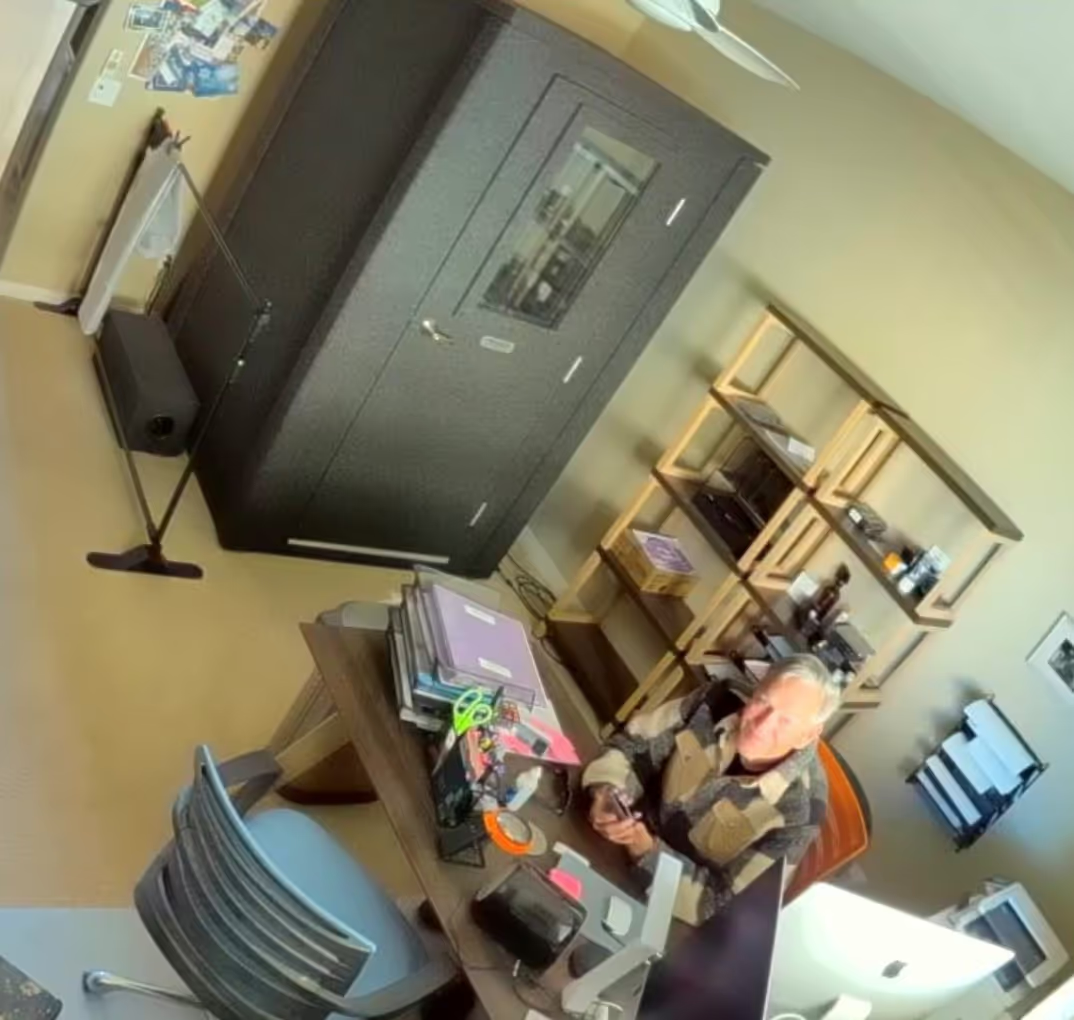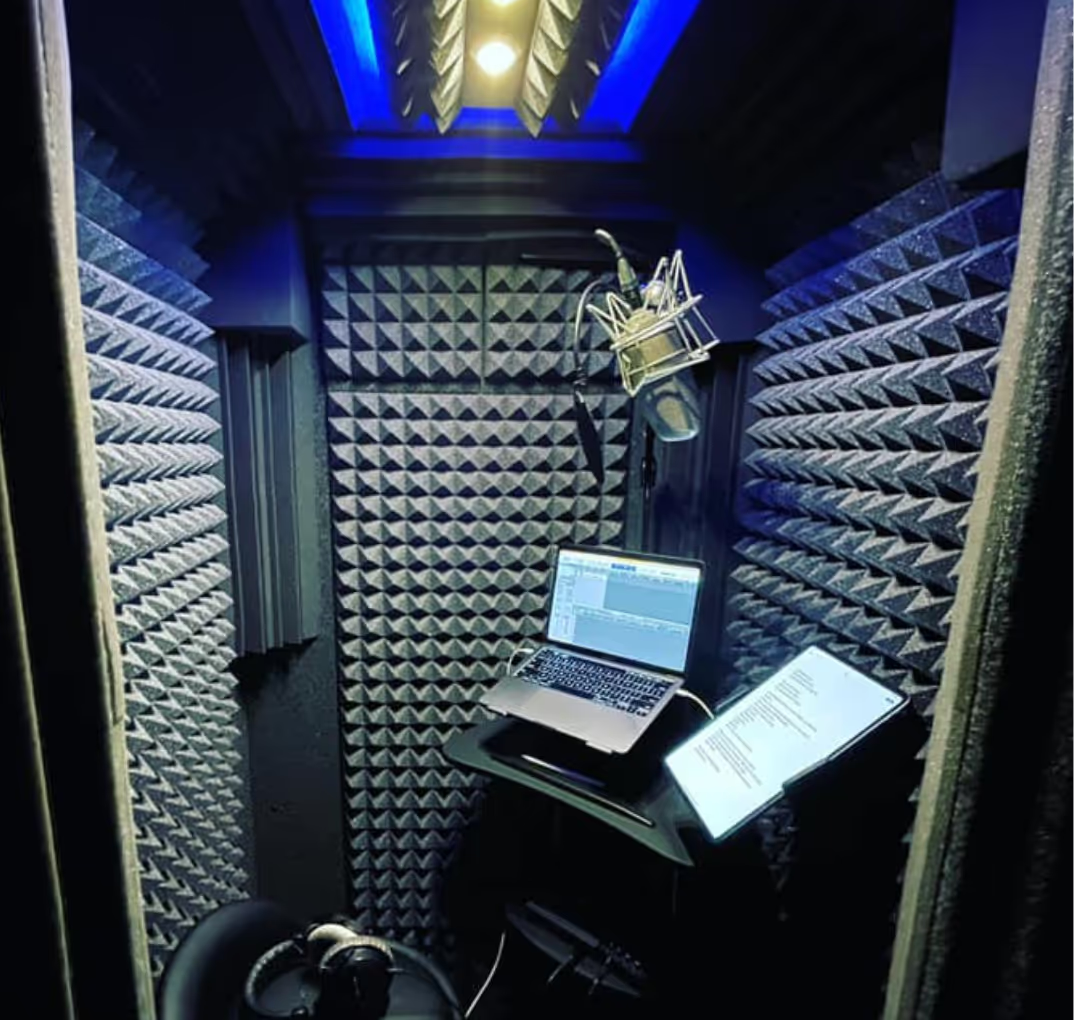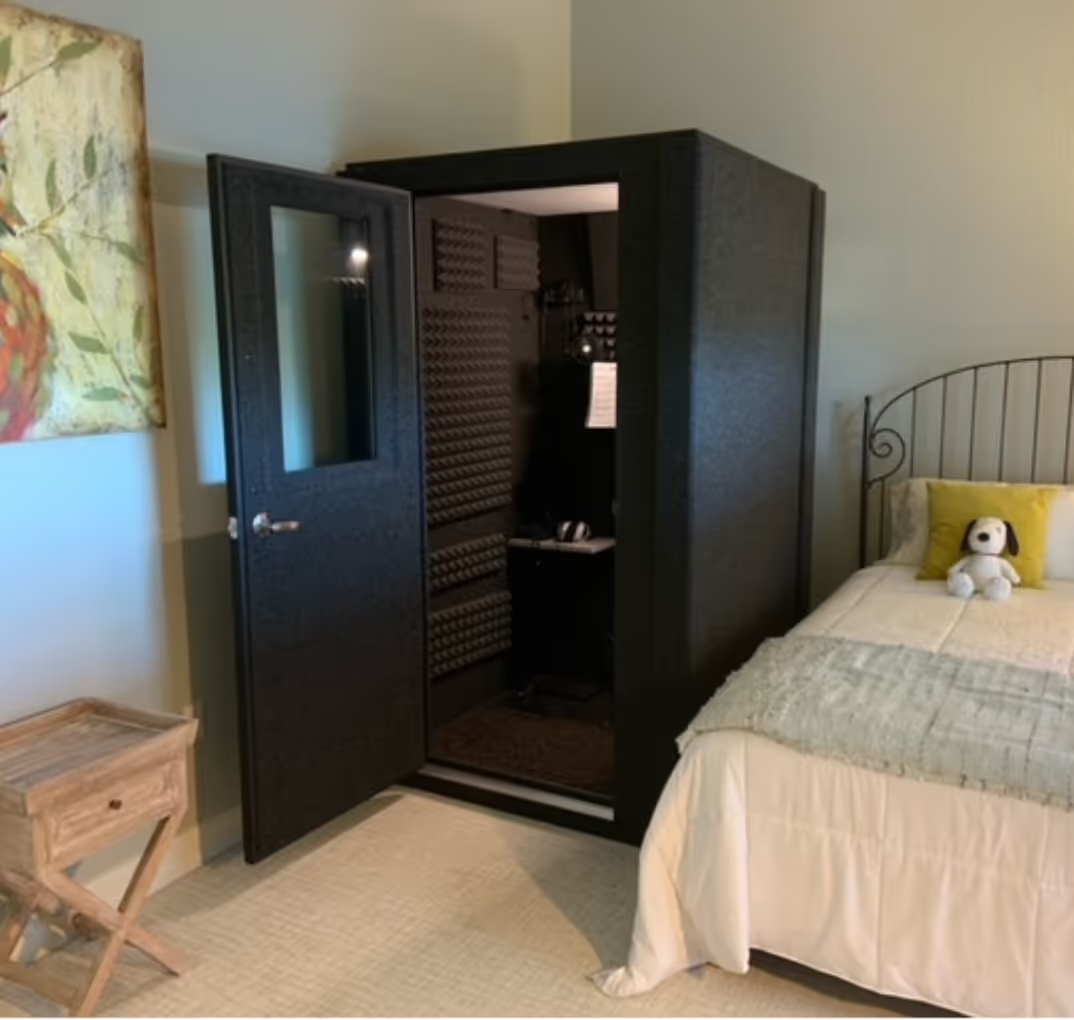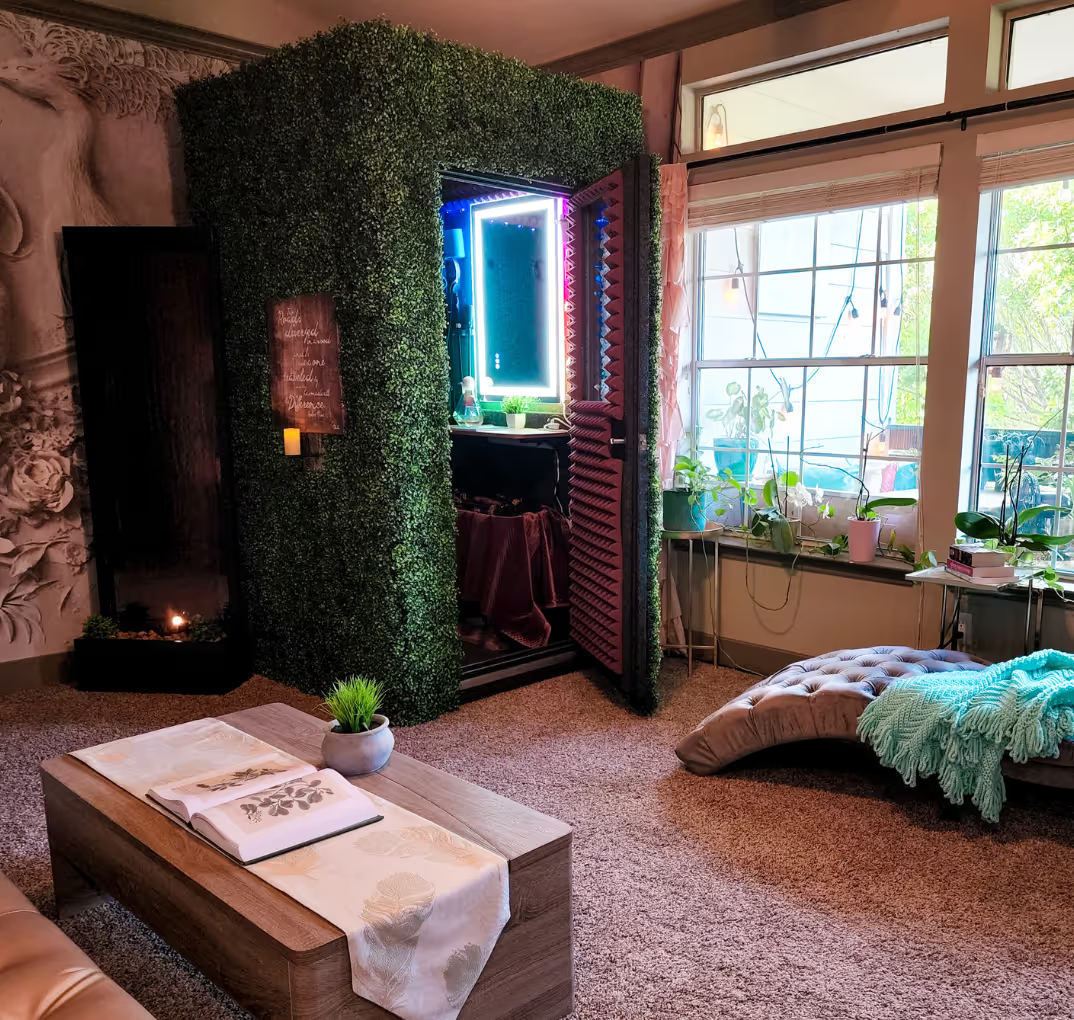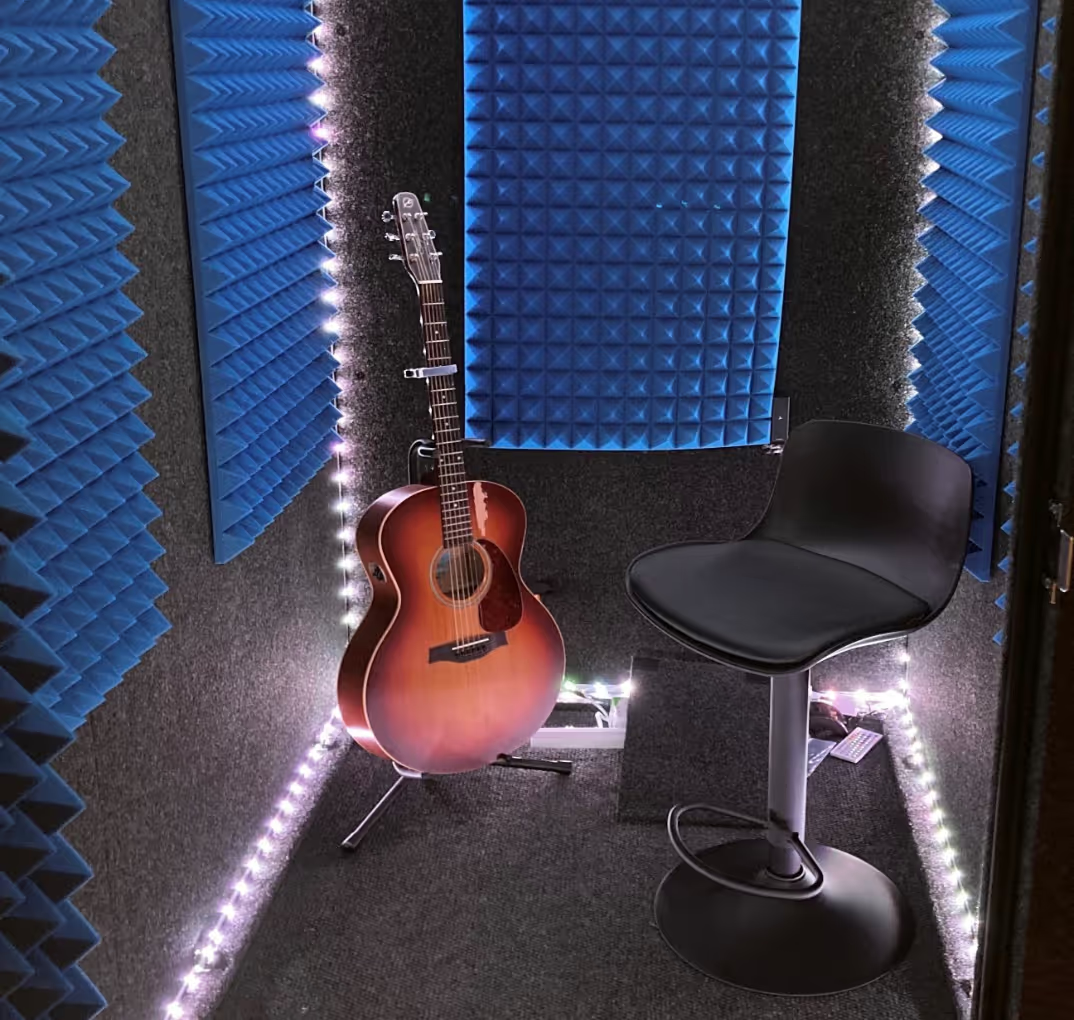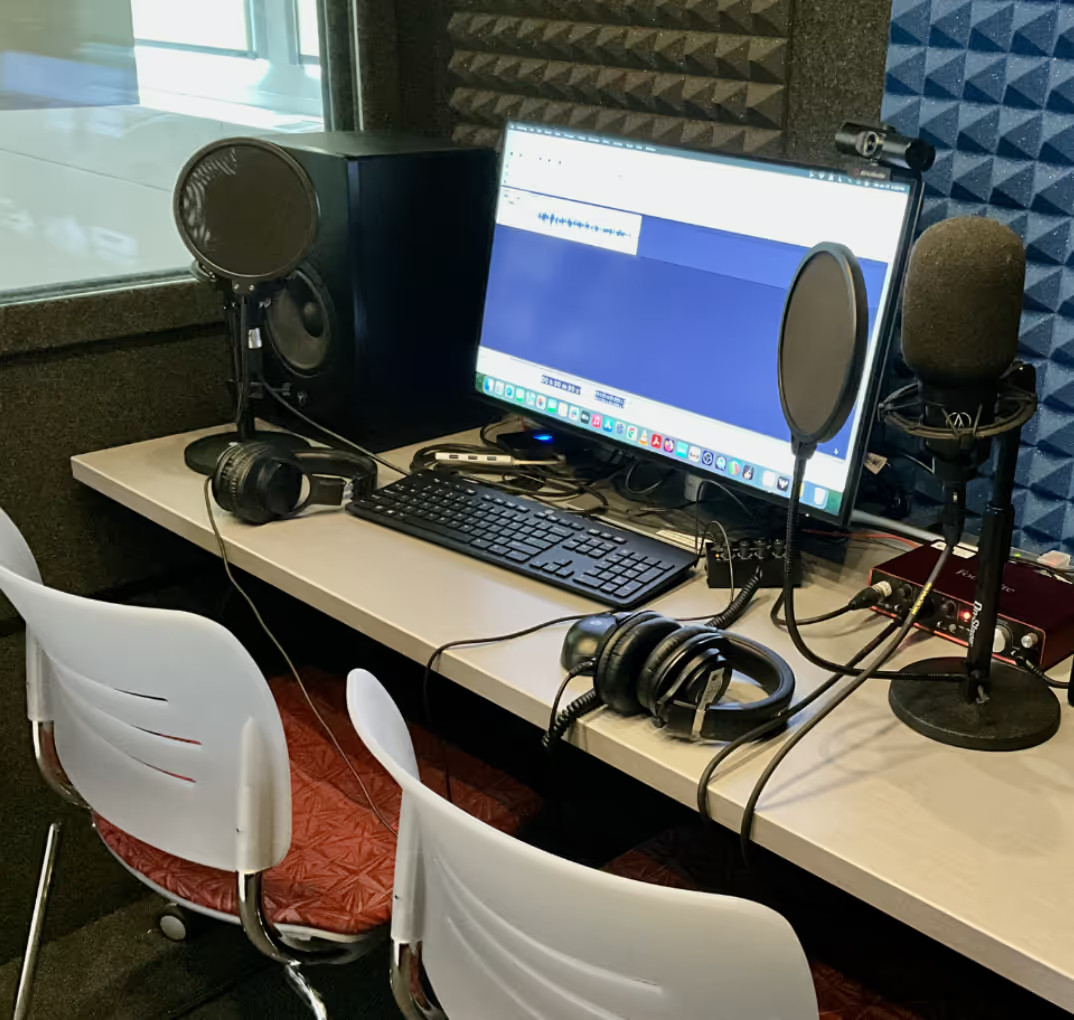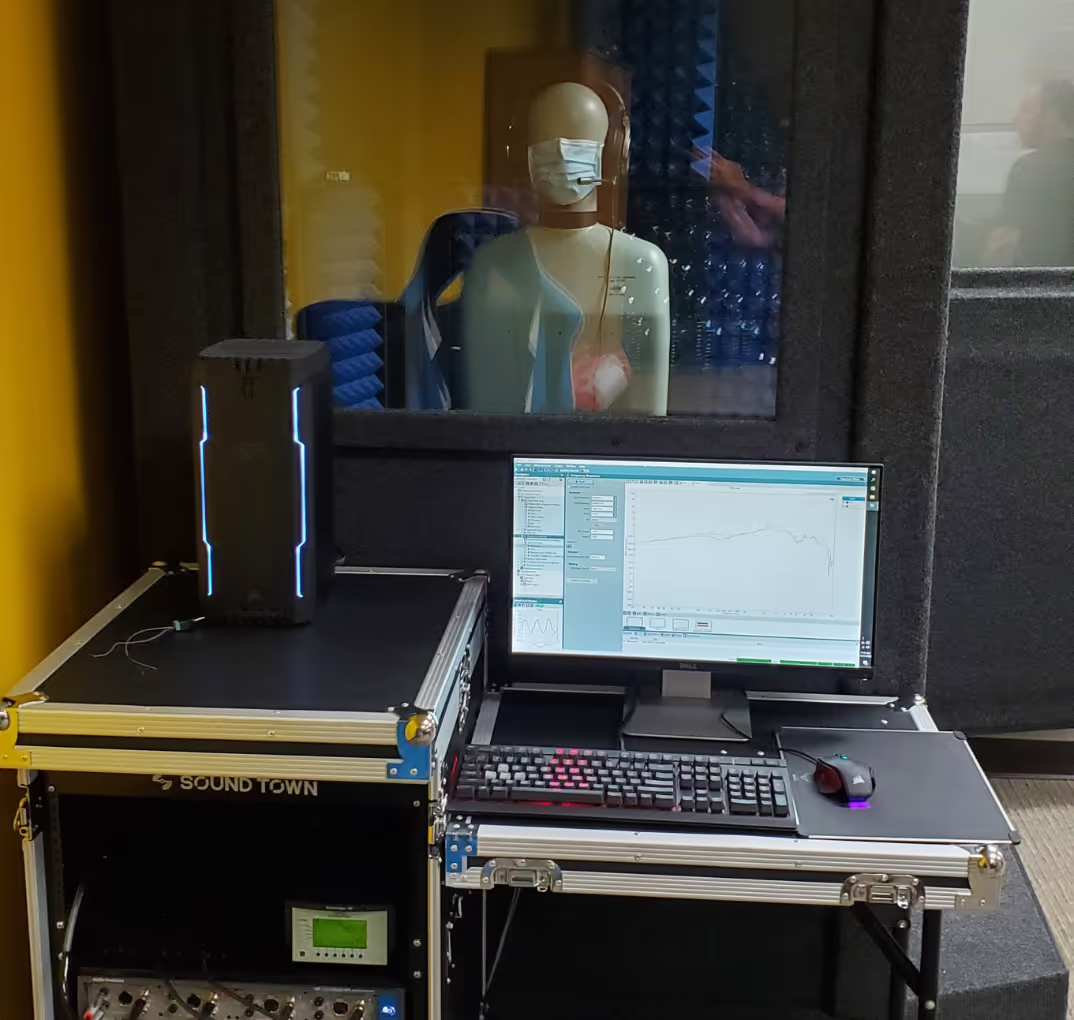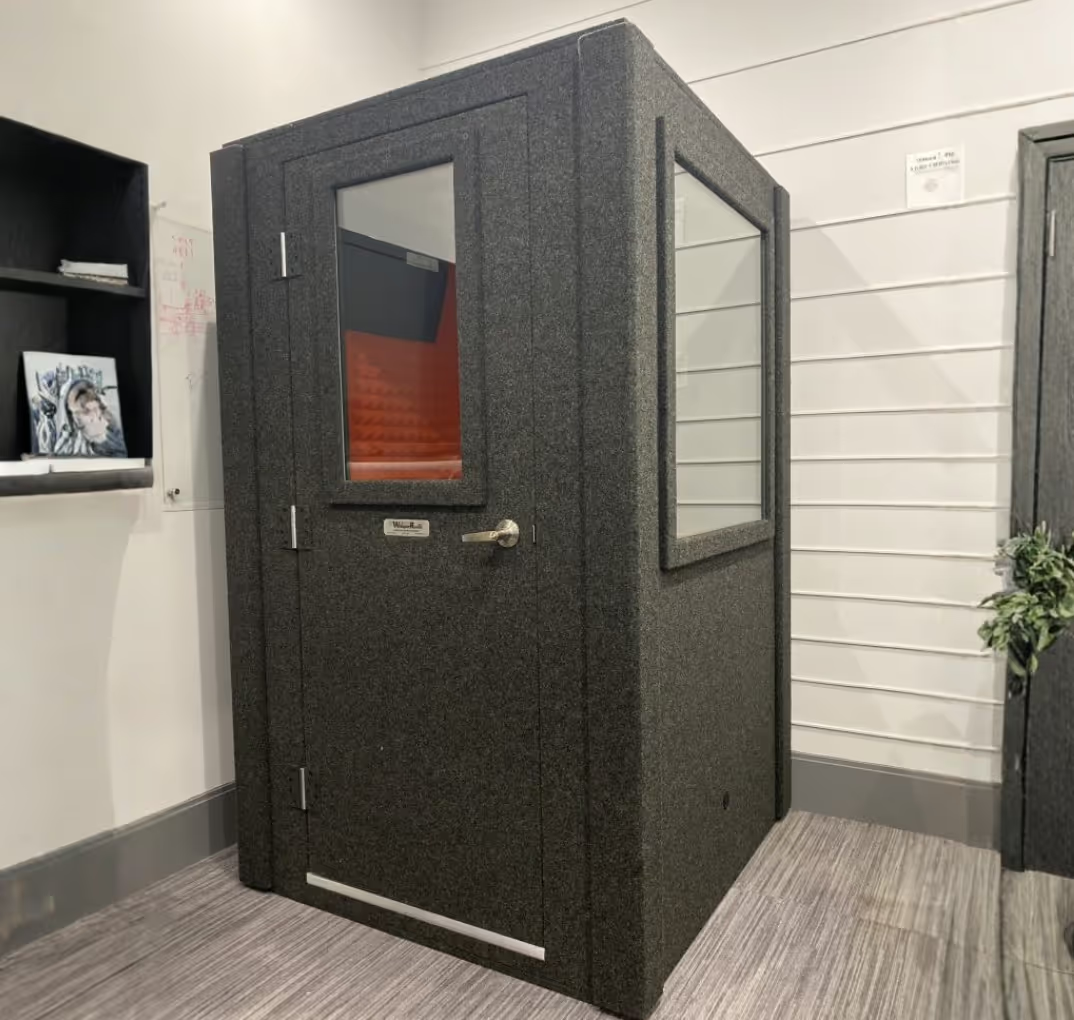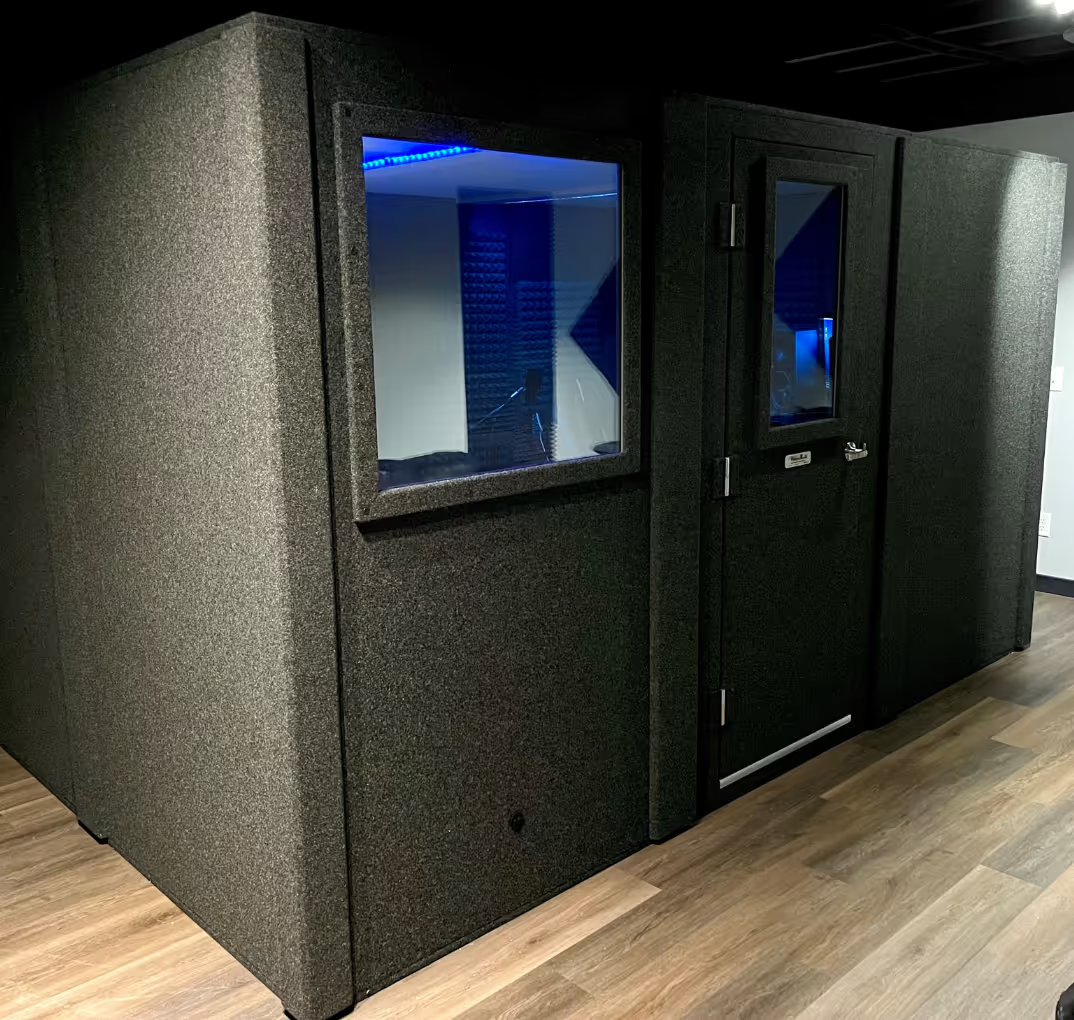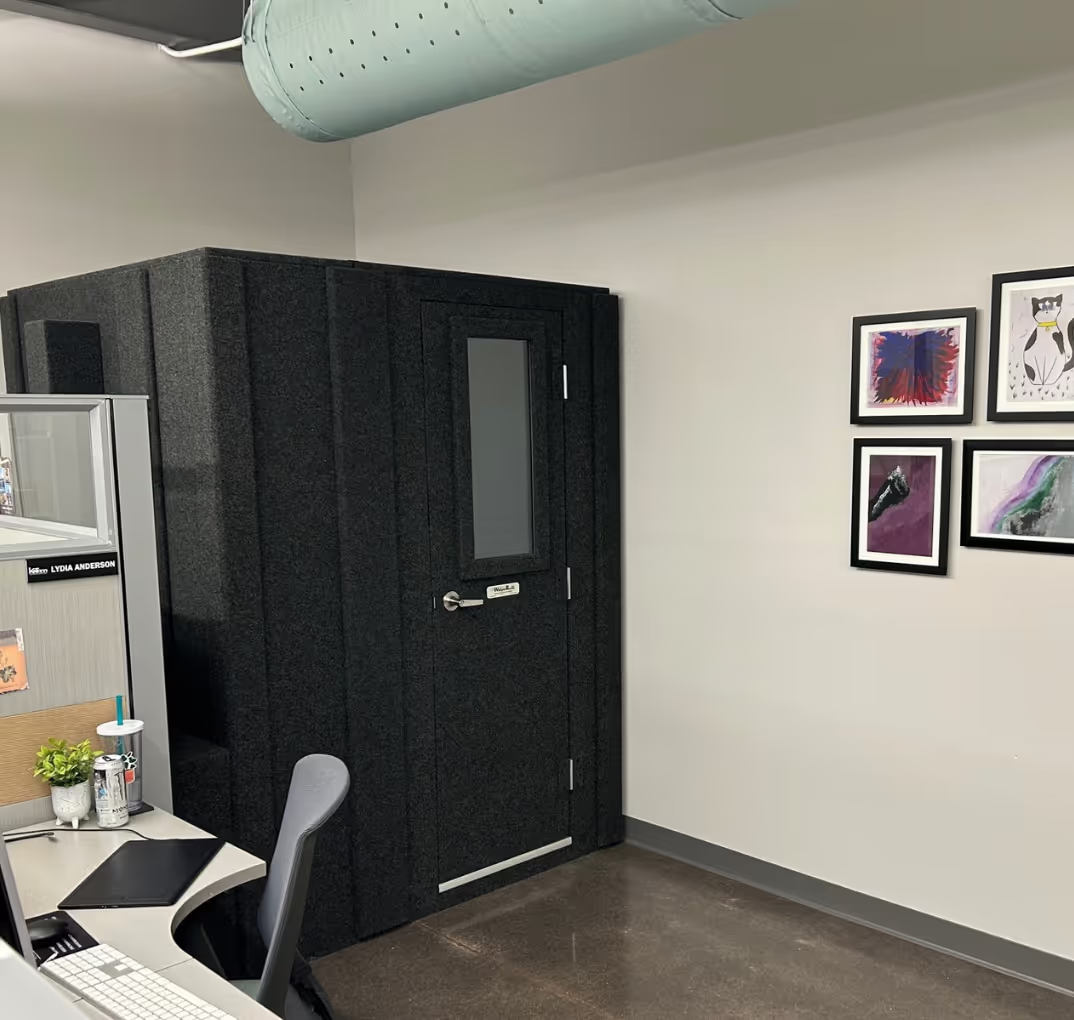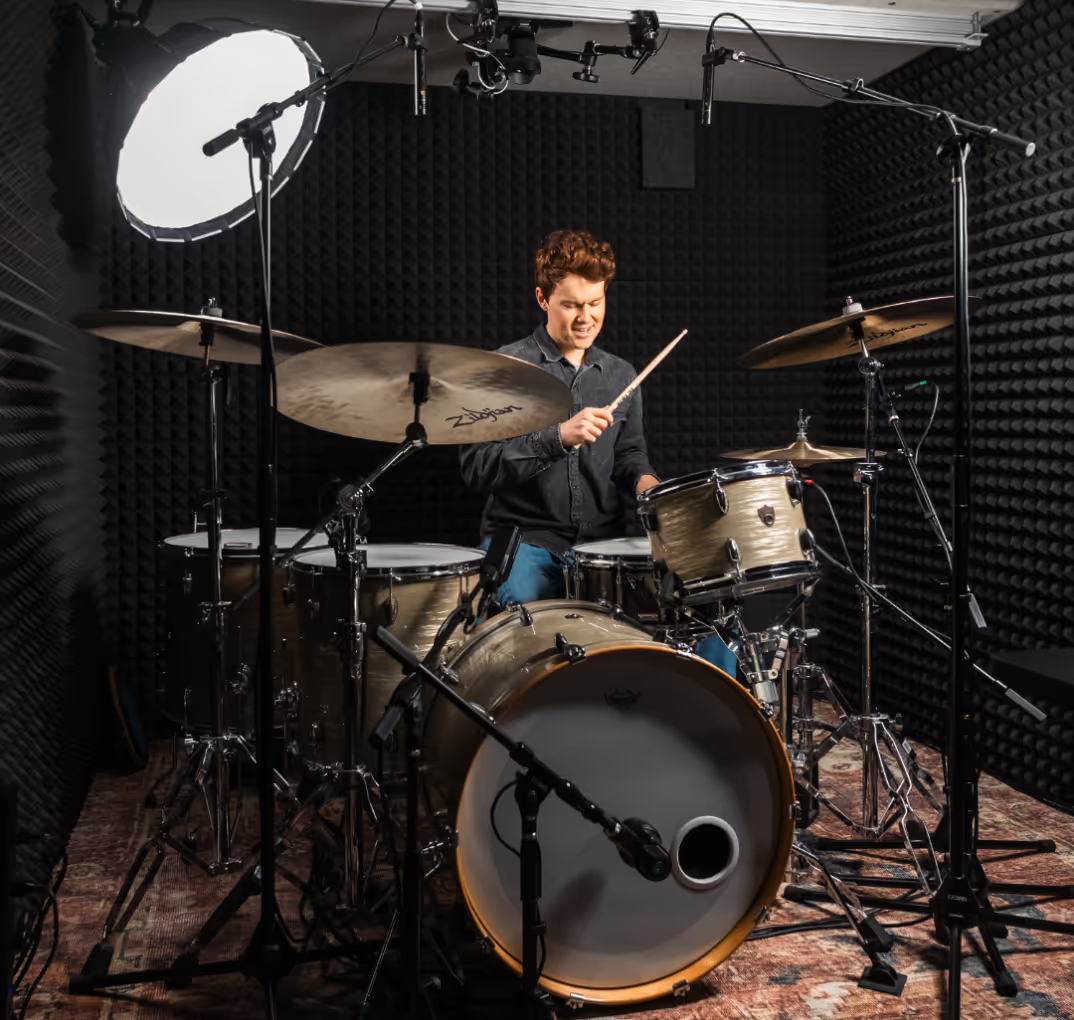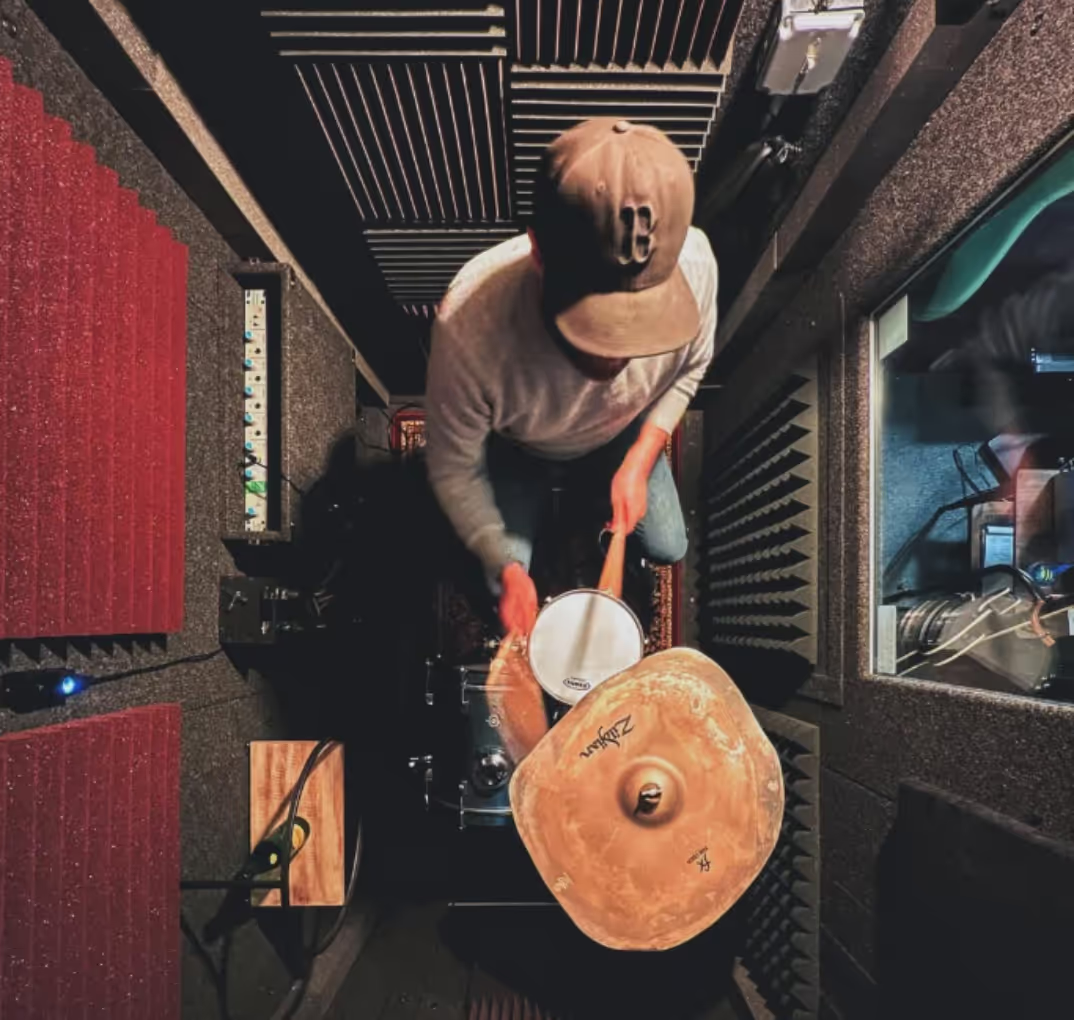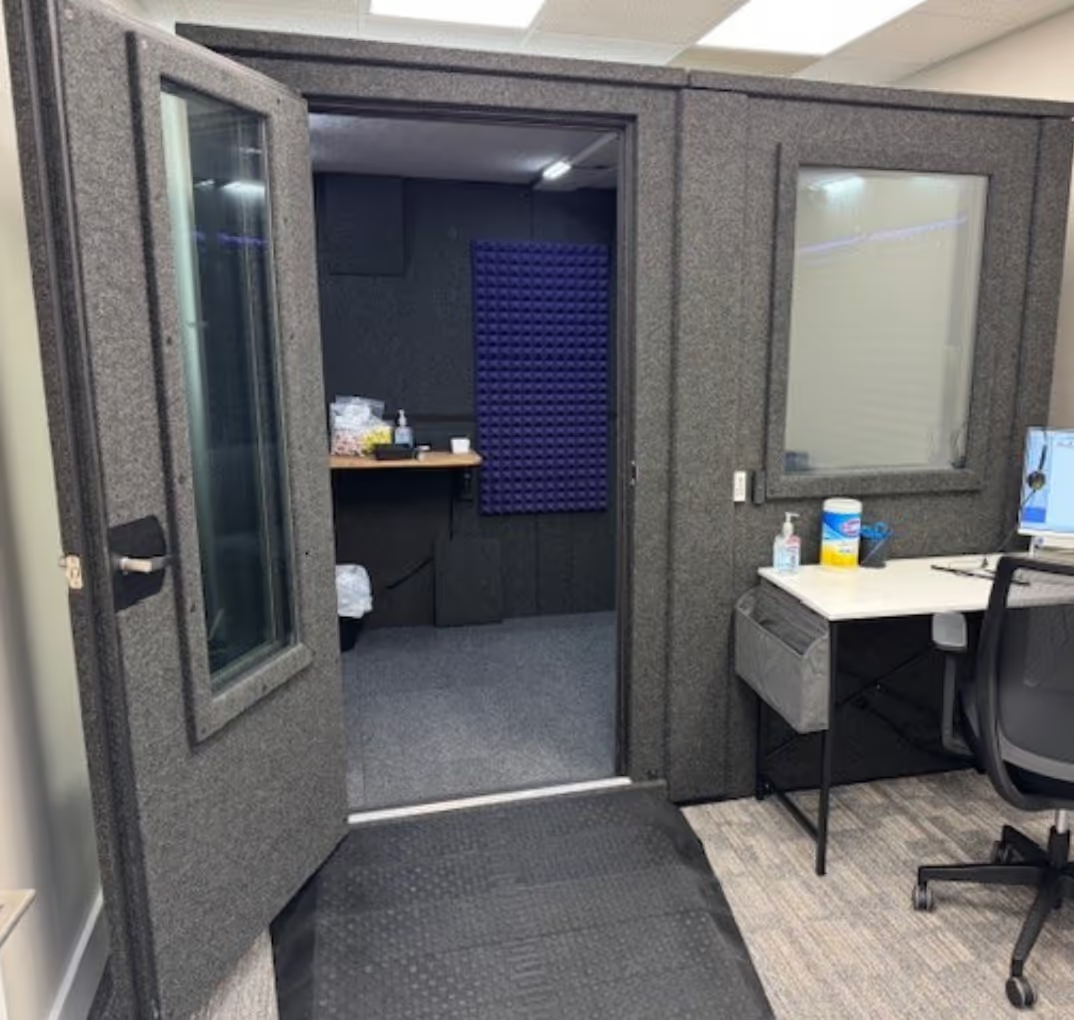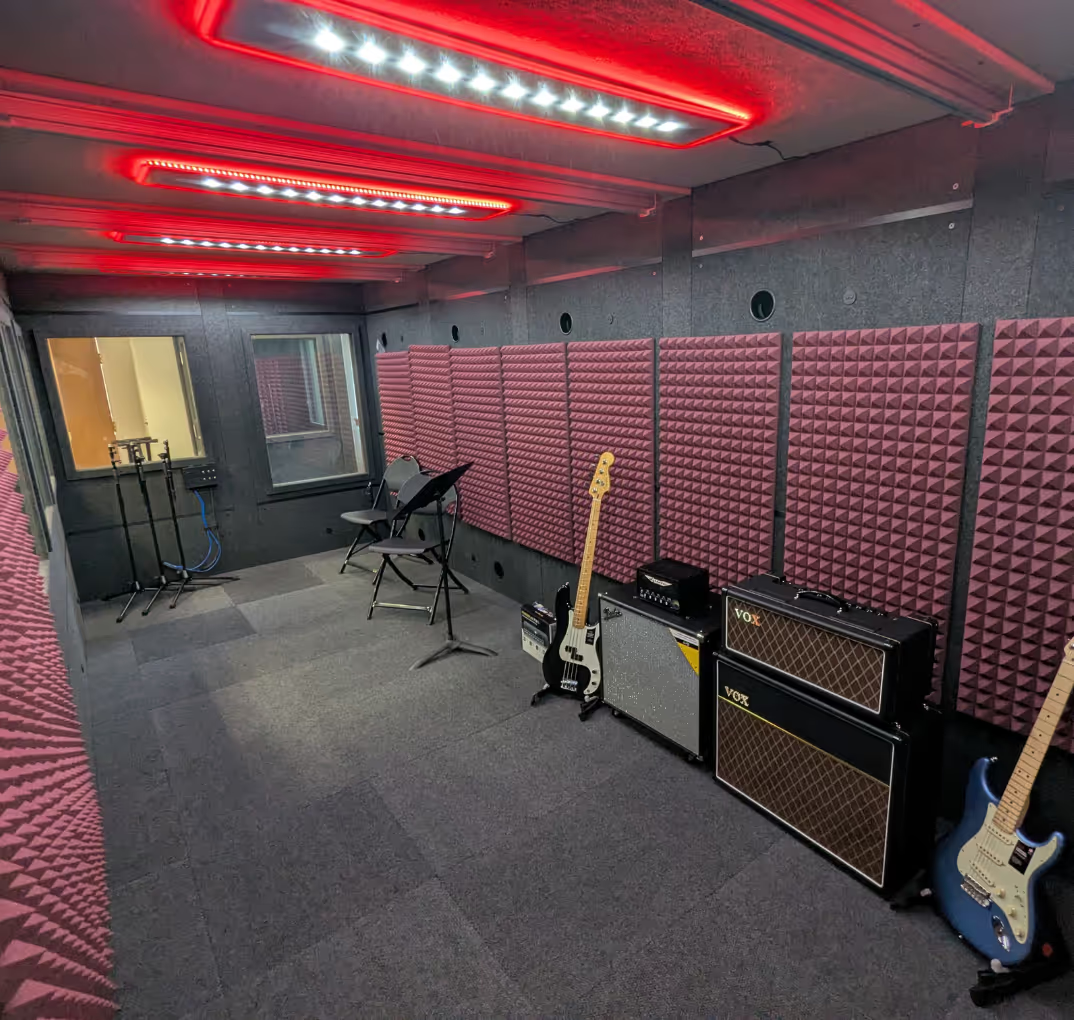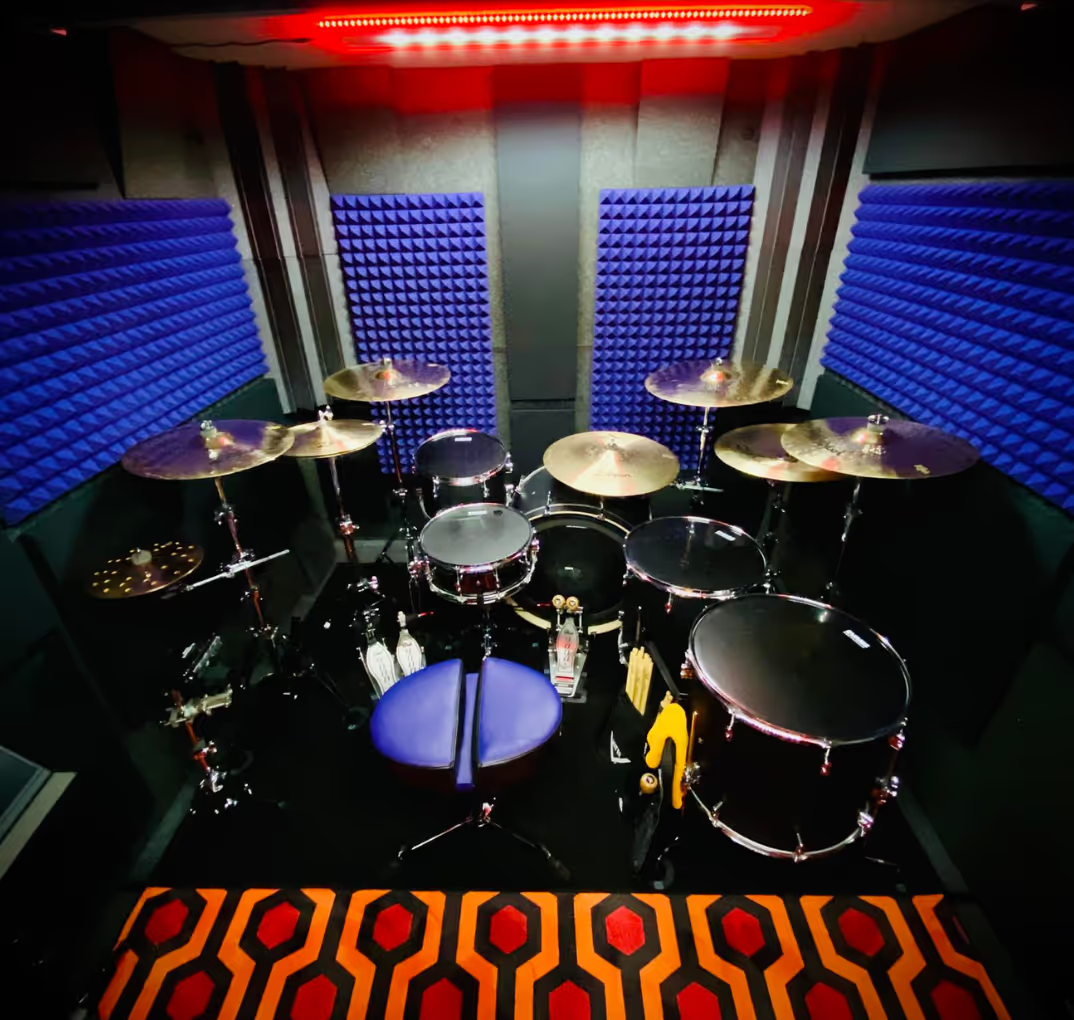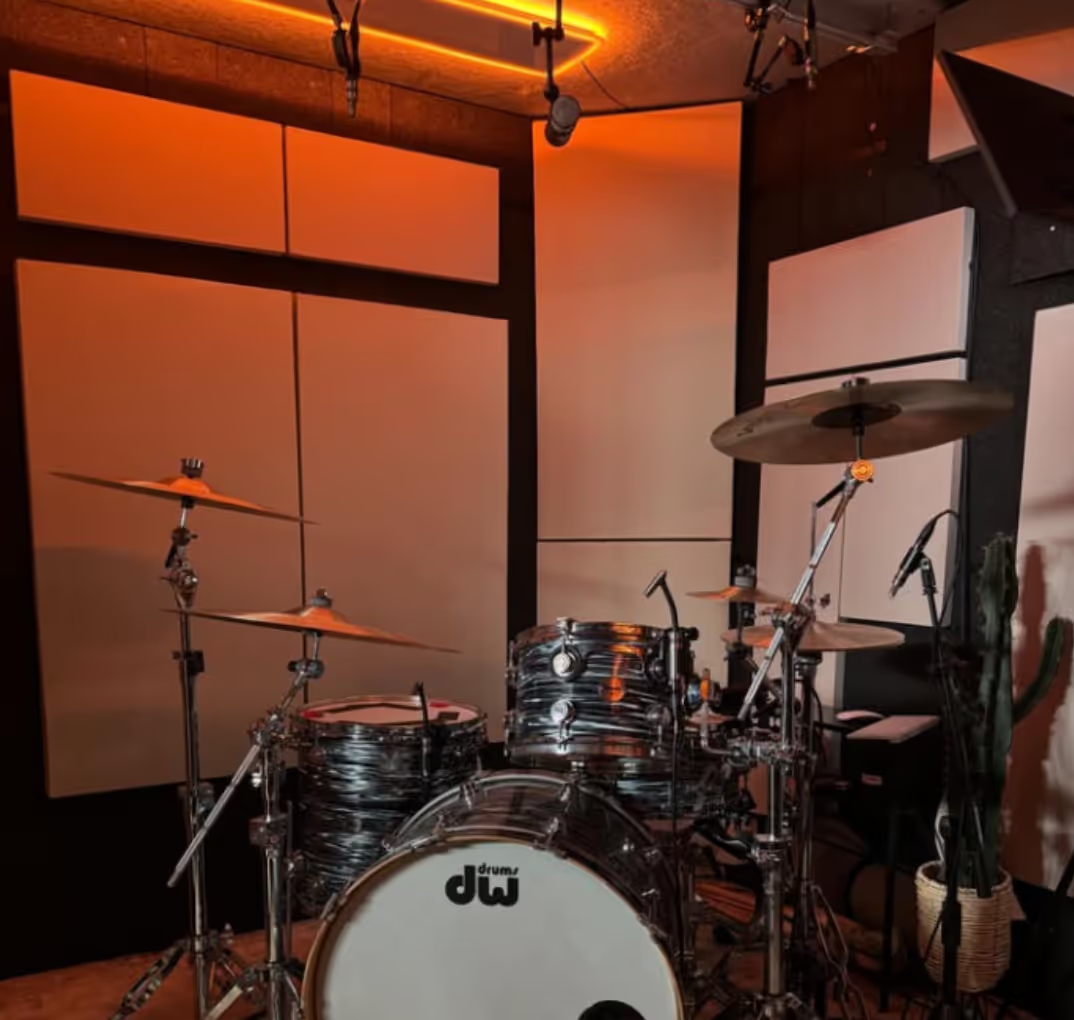Professional musicians, singers, and voice actors will likely spend a good chunk of their careers in the recording studio.
Regardless of talent and experience, many players will begin to overthink their performance when the recording process begins. This change in mindset can be referred to as "studio anxiety". Studio anxiety kicks in when you feel the heat of playing a perfect performance, start feeling rushed for time, or when you are in a new environment with unfamiliar people. Much of this anxiety stems from the emotional response of being put on the spot and performing under pressure.
On the contrary, there are studio musicians and singers who thrive when working in the studio. Session work might even be a preference over live performances for these folks. Odds are, they have learned to manage their emotions and have worked hard to become comfortable performers when recording.
To deal with studio anxiety we must relax and trust the recording process. How do we trust this process? By anticipating your studio time and making a game plan that combats your insecurities.
Let's take a look at some different ways to prepare yourself for the studio.
1. Record Yourself When Practicing
Before heading into the studio, you want to be very well-rehearsed. Spend time practicing your parts and record everything you play. This is a great habit that trains your brain for flawless performance after the recording button gets pressed. You can use an inexpensive audio recorder, record on your computer's DAW, or simply use your cell phone. Plus, this can help you learn the song in "chunks" so you can punch in seamlessly if you make a mistake.
When recording your practice sessions, make sure to spend time listening back and critiquing what you played or sang. This will show you exactly what you sound like and you will quickly learn where you need to spend more time rehearsing.
Typically, most of us don't like to hear our own voices or our own playing. An exercise like this will help you develop more confidence in the way you sound and become less critical of your performance.
2. Prepare Yourself
Being in the right headspace before recording or performing is important for all musicians and vocalists. All of your riffs, lyrics, and writing needs to be squared away before you get to the studio. You don't need to spend your precious studio time trying to finish the composition of a half-written tune.
Instead, have a game plan and set attainable goals for each session. Know what songs you want to work on and prioritize your goals to make the most of your time.
Know Your Equipment & Bring What You Need
If you've been practicing in anticipation of your recording session, make sure to bring instruments and gear that you are familiar with. It's likely that you'll experiment with new instruments and gear that's readily available in the studio, but it's a good idea to bring your own guitar, horn, keyboard, amplifier, etc. as a backup plan.
Additionally, having your own equipment like straps, picks, and strings will help you to become self-sufficient as a musician. This can help you stay comfortable, appear more professional, and stay calm when you need to make adjustments to your tone and playing style.
*Note: make sure to check that all of your equipment is working properly prior to arriving at the studio.

3. Record Scratch Tracks
Recording several scratch tracks before the "real take" is an excellent way to warm up. A scratch track is a recording that helps you have a frame of reference when you go about recording the rest of the song and then gets scratched (or removed) later on.
This gives you the chance to hear the sound levels, the environment, have some references, and shake your nerves out. Plus, the low-pressure scratch tracks may end up sounding better than some of the takes because you weren't stressing out as much.
Scratch Tracks Allow You to Relax
When recording scratch tracks, you lower the bar for perfection. This gives you the freedom to overcome studio anxiety and let your authentic self shine. Mistakes happen in scratch tracks, but sometimes their originality can outshine the errors because you were relaxed and full of originality. Keep these scratch tracks as a reference and listen back to them in post-production. Who knows, maybe the first take was the best option?
C-Threep Music explains how a scratch track makes recording everything else easier.
4. Work With Likeminded People
It's important that you work with other people that you feel comfortable being around. This is key because you need to be able to successfully communicate your ideas with them. If you're uncomfortable asking for more volume in the headphones or if you're afraid to speak up about a creative idea, you will probably have a frustrating experience in the studio.
By working with like-minded musicians, bandmates, and producers, it's much easier to get into the creative flow. Support, collaboration, and awesome ideas happen when you have the right chemistry between a group of people. Without good chemistry, the recording process can turn into an energy-draining day that leaves you feeling defeated. To keep that from happening, work with people that you respect and enjoy making music with.
5. Limit Your Recording Takes
It's a good idea to set boundaries for how many times you will re-record a take so you don't waste time and creativity. In the strive for perfection, it's easy to record one part over twenty times until it's flawlessly nailed. If you stick to this process things can become too hyper focused and obsessive, causing you to lose focus of the bigger picture of completing the song.
It's more efficient to record with a sense of urgency. Try recording a few takes to your best ability. If one or two of them sound great or "good enough" then move on to the next part of the song. This keeps the creative process moving along and keeps your focus on the sounds you are capturing (as opposed to rehearsing).
Additionally, limiting your takes will help streamline your editing process. For example, it's quicker and easier to comp together 2-3 great vocal tracks than spending time piecing together the best parts from a dozen different takes. Ironically, you open up the opportunity for more creativity to happen when you limit your recording takes and reduce the chance of getting artistic tunnel vision.
6. Record In a Variety of Different Studios
It's likely that you will record in a variety of different studios over time as you pursue a musical career. Many of us are most comfortable in our home studio, but modern equipment gives us the flexibility to bring our gear to different locations.
Get used to recording in new surroundings. Unfamiliar recording environments help you focus on the recording process rather than the associated pressures. Plus, the whole process becomes easier through more gained experience.

Conclusion
There are many ways to deal with studio anxiety and different techniques will work better for different kinds of people. If you can stay confident, trust your ears, and learn to get along with other creatives, your recording sessions will be fun and productive. Always stay humble and work hard on your craft!
For additional recording tips, read our article ‘Common Vocal Recording Mistakes‘.








.avif)
.avif)
.avif)

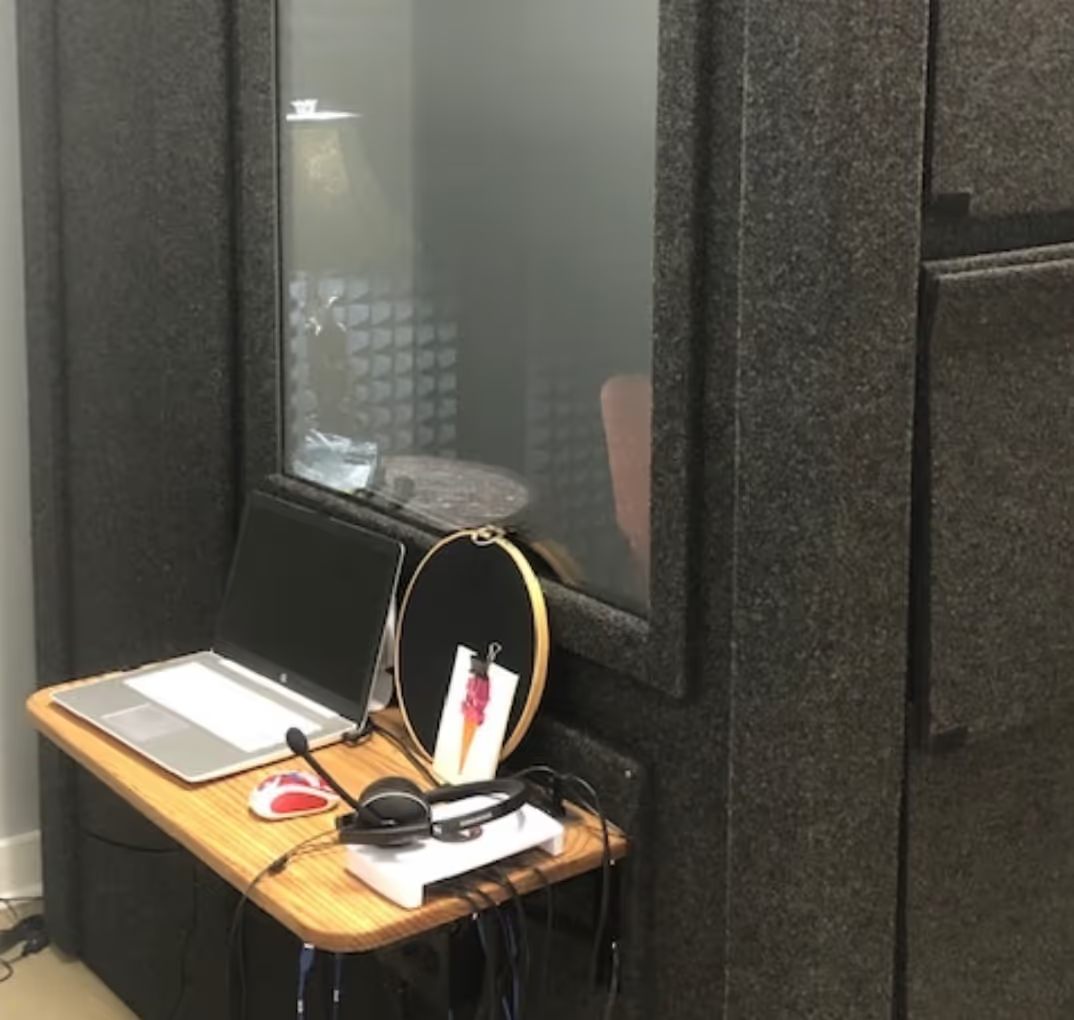
.avif)
.avif)

.avif)
.avif)
.avif)
.avif)
.avif)
.avif)
.avif)
.avif)
.avif)
.avif)
.avif)
.avif)
.avif)
.avif)
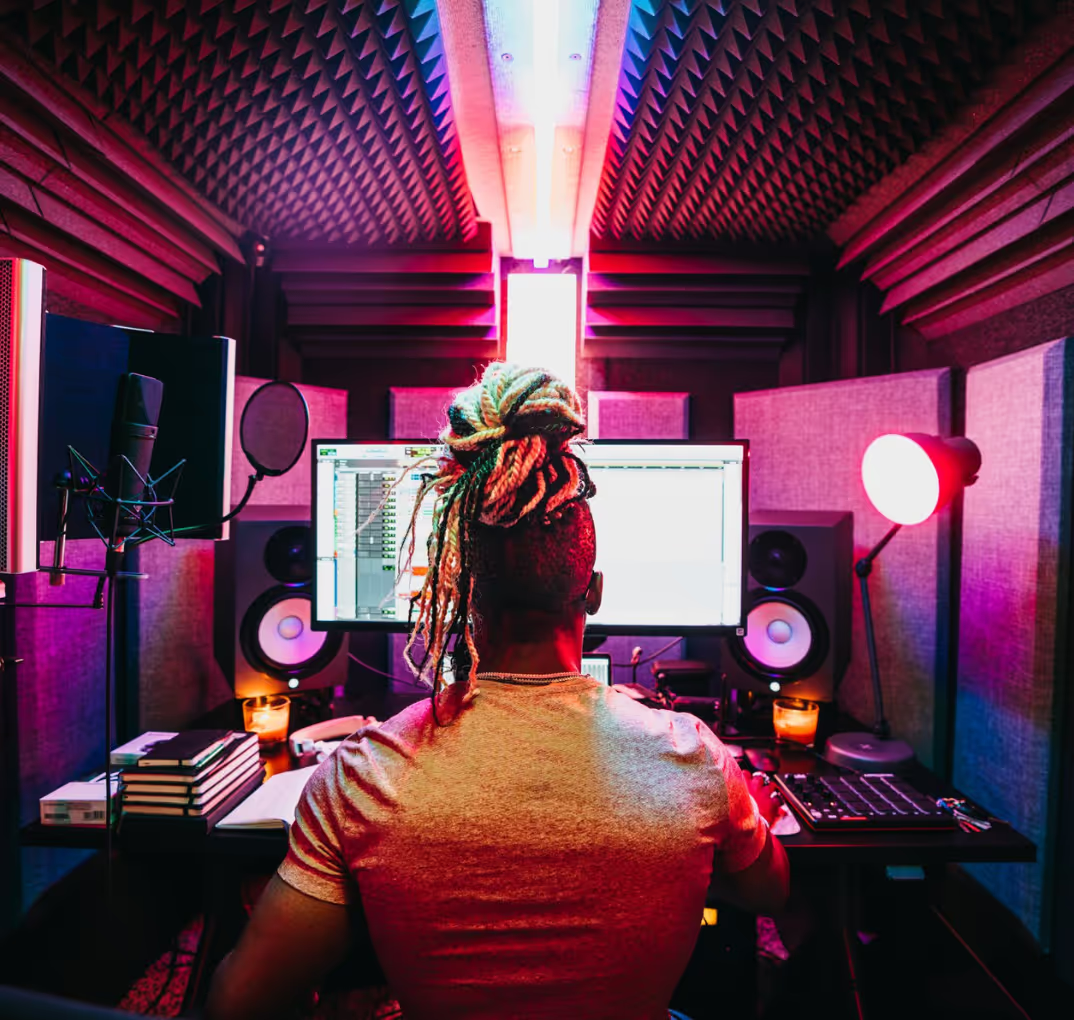
.avif)
.avif)

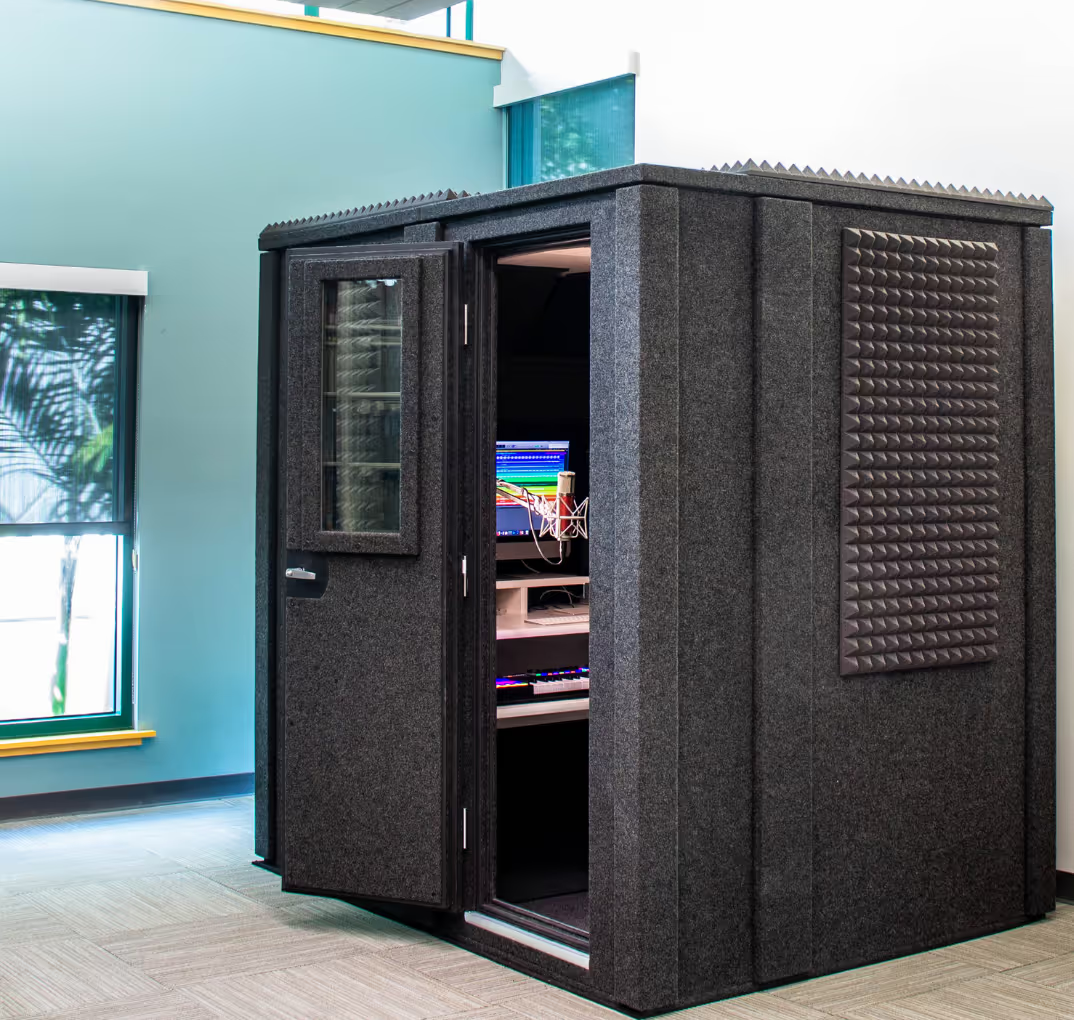
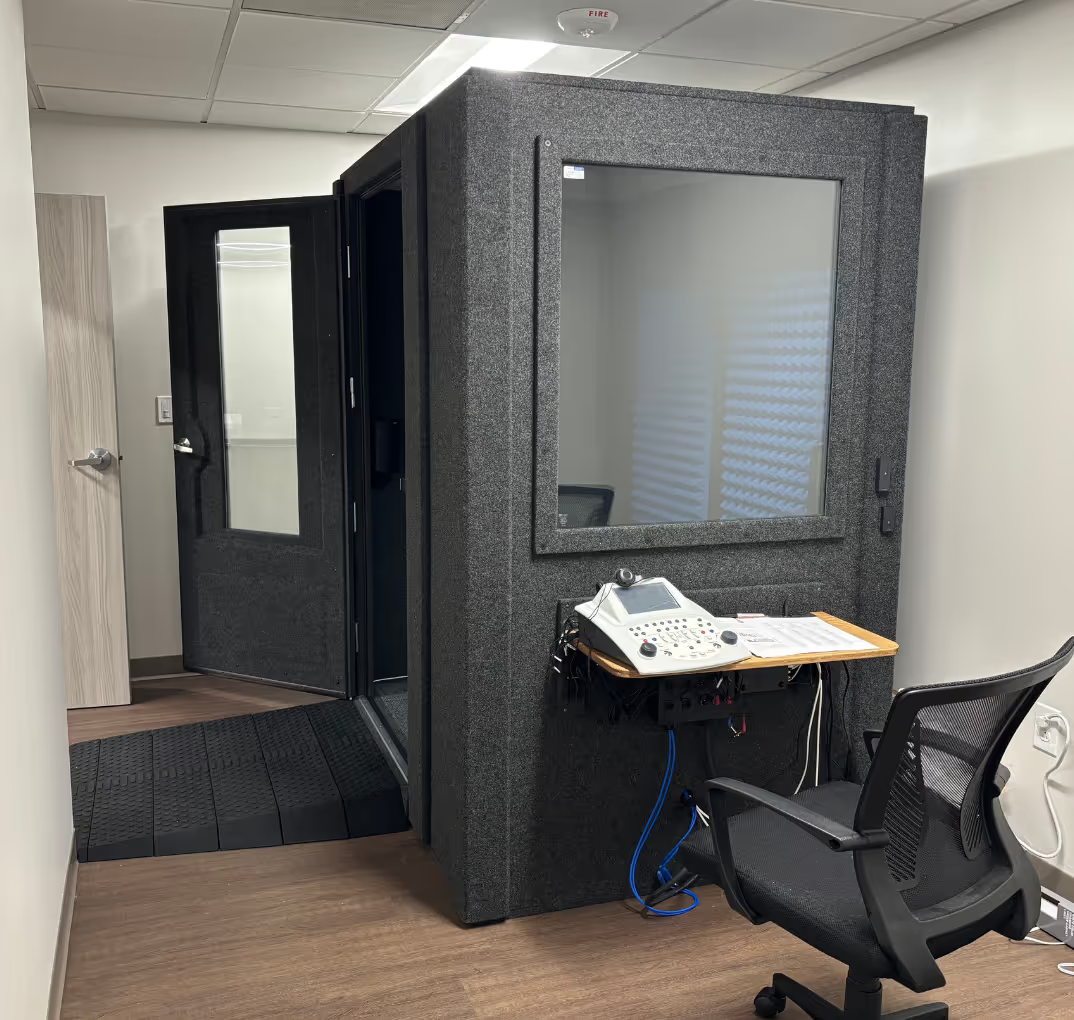
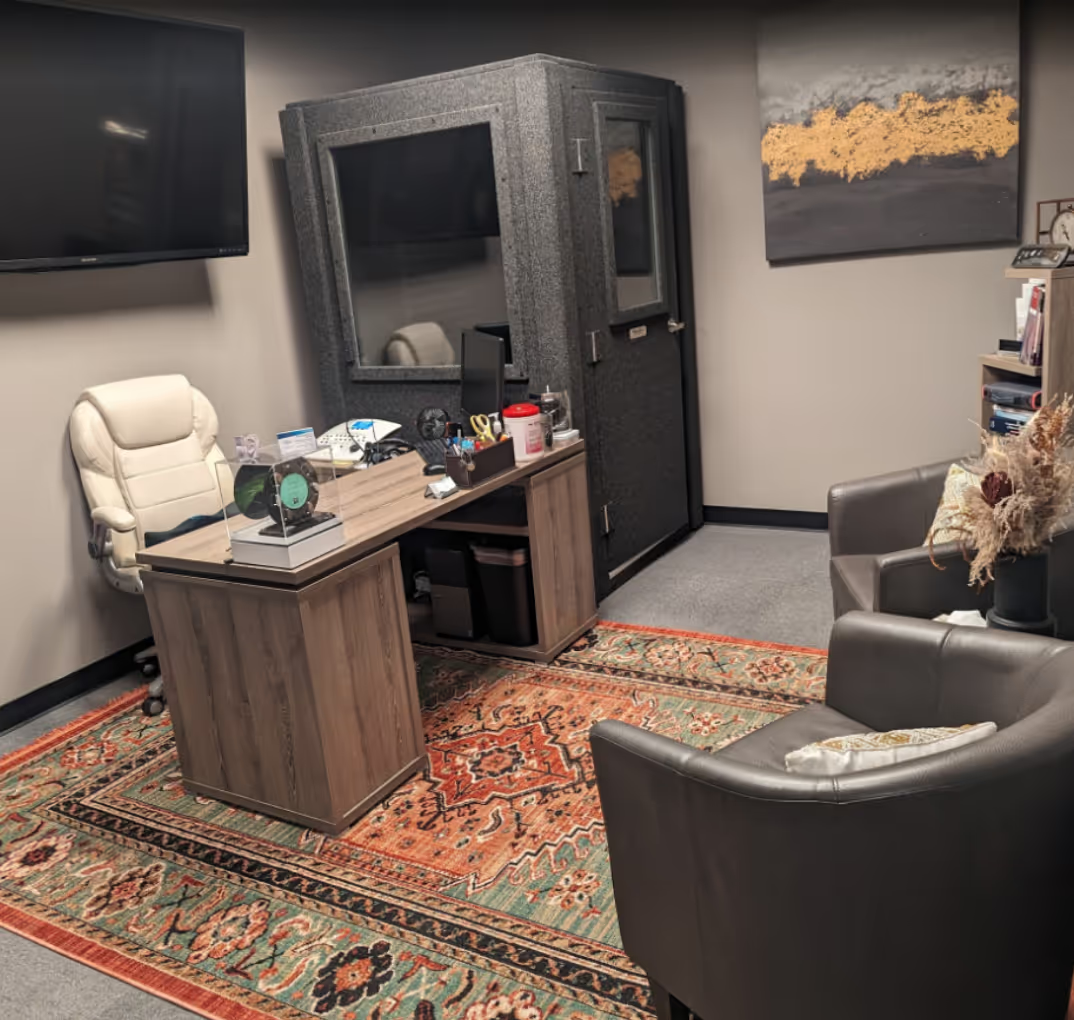

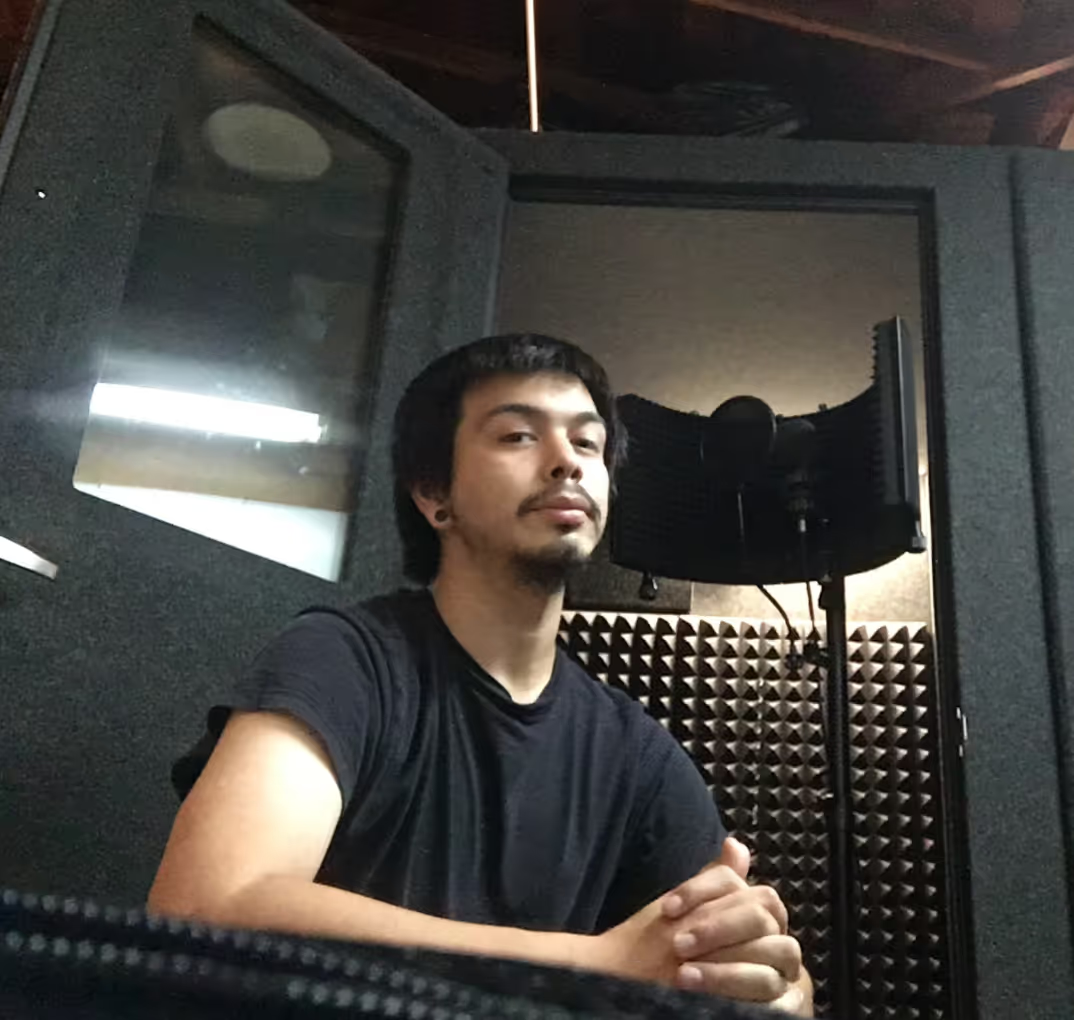
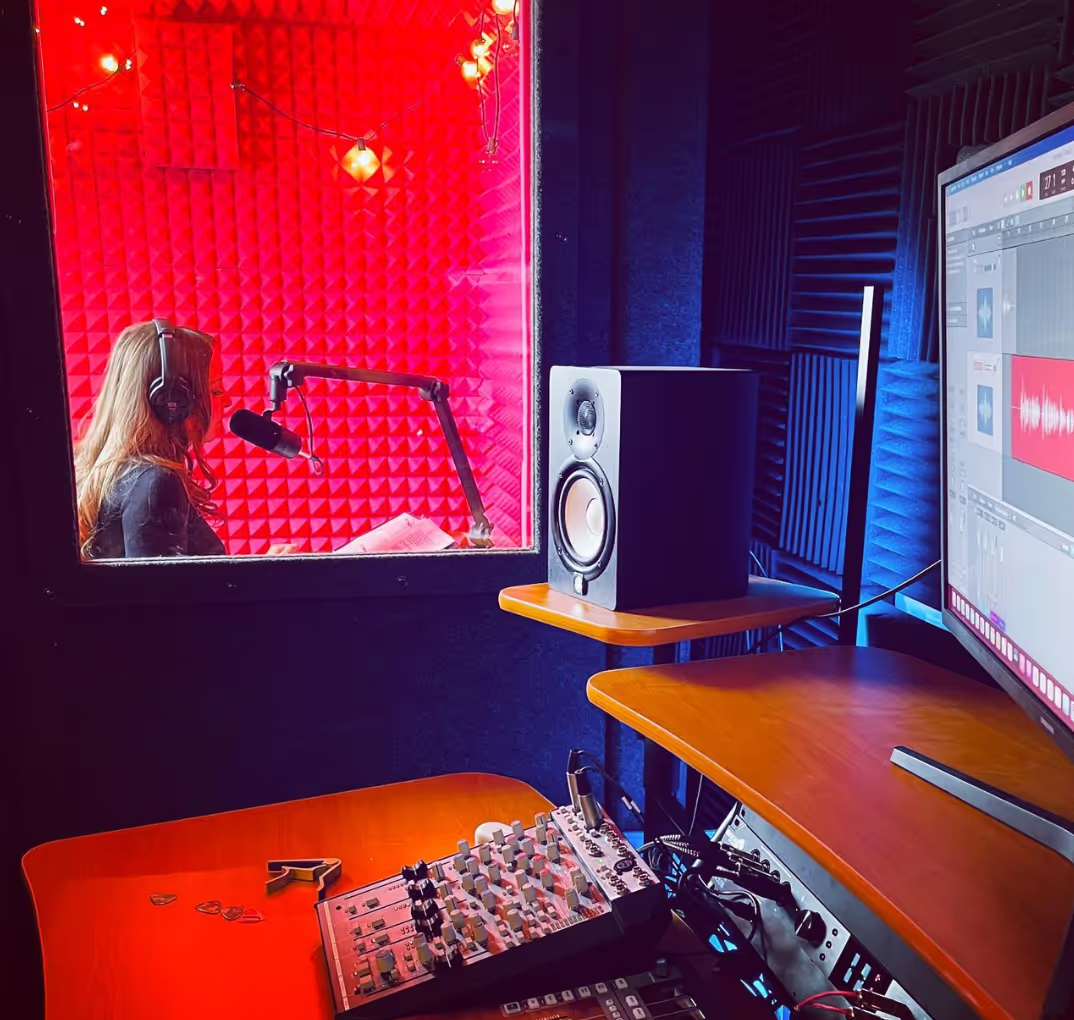
.avif)

